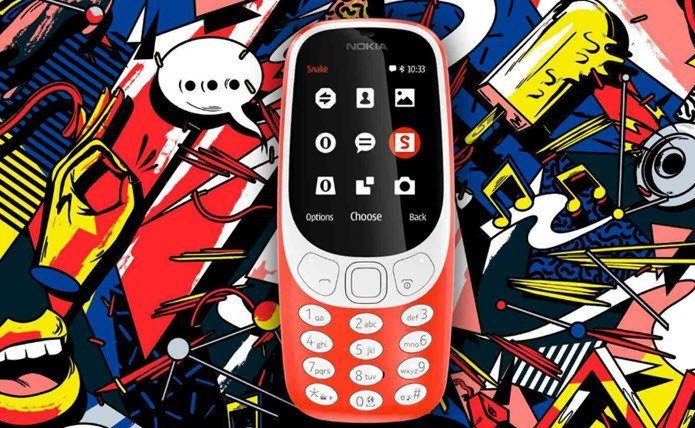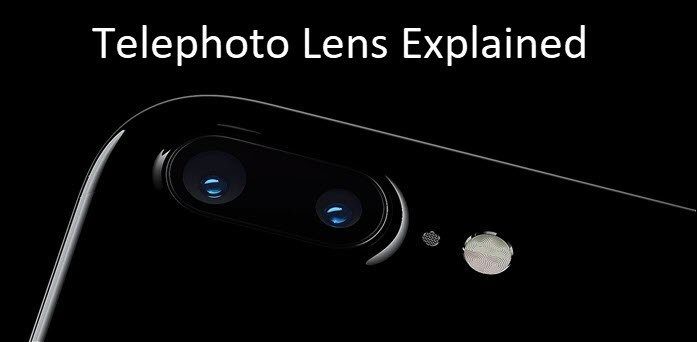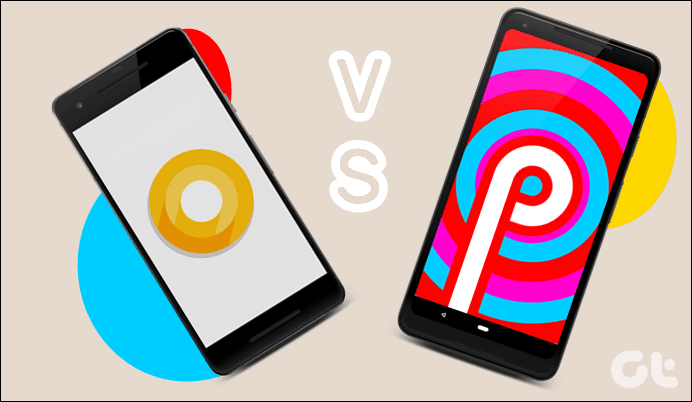The company had added the Project Treble framework to Android Oreo to make the update process better on the newer devices. Its implementation was made mandatory for devices launching with Android 8.0 out of the box. What is Project Treble? What role will it play in Android going forward? Let’s dig deep and know more about the same.
What is Project Treble?
The main aim of Project Treble is to make updates faster and easier for OEMs to roll out on devices. While iPhones receive latest OS updates for three or four years, high-end Android smartphones only get two or three of them. Meanwhile, most low-end Android phones never get to see the latest update. With Treble, devices will have a vendor implementation that manages all the hardware at a low level. This is followed by the Android framework. Google says that one of the main reason the device-makers delay the update release is that they have to undertake the costly, code-heavy task of completely retooling it. This means that every time an OS update is pushed, developers have to update the entire codebase, including both the OS code and the vendor code. Project Treble aims to separate the vendor implementation — the device-specific, lower-level software written in large part by the silicon manufacturers — from the Android OS Framework Google intends to separate the OS code from the vendor code and create an interface between the two codebases with Project Treble. All the developers have to do when Google pushes a new version of Android is update the OS code and the new vendor-OS interface, which is being developed by Google.
Nokia and OnePlus Not Attuned To Project Treble
OnePlus and HMD Global (Nokia) have confirmed that all of their current devices will not come with Project Treble. Both the companies have also issued statements regarding the same. An HMD moderator on Nokia’s community forums said, “HMD is fully committed to implementing Project Treble on all new Android Oreo products in the near future, and we apologise for any disappointment this may cause”. Meanwhile, a OnePlus staff explained on the OnePlus forum said, “Project Treble requires a storage partition, by which the Android framework and vendor image are separated. However, because partitions were not required of Android N and previous versions of Android, all of our current devices do not feature a partition. According to our tests, if we were to modify the partition layout via OTA there is a risk that devices will brick during the partitioning. We feel this poses too great a risk for our community of users, which is why we have decided not to implement Project Treble on current OnePlus devices.
Are These Concerns Legit?
Considering the statement from Nokia, it looks like the company is simply backing off from indulging in any kind of makeshift for this problem. OnePlus, on the other hand, has cited the reason of possible”bricking of phones”. Meanwhile, Huawei has confirmed that it will bring Treble to its older phones during the latter part of 2017. If Huawei is able to bring Treble to their older phones, I feel both the companies should offer a better explanation of the situation.
Phones Supporting Project Treble
Currently, Google Pixel and Pixel XL, Essential Phone, Huawei’s Mate 9, Mate 10, Honor 9, and Honor 8 Pro are the devices that support Project Treble.
Will Project Treble Improve Android?
Android 8.0 Oreo is currently available on only 0.5% Android phones, while iOS 11, which was launched in September, is present in over 50% of iOS devices. Project Treble aims to solve this Android fragmentation issue. However, there are several implications of Project Treble. Even though Google has come forward and decided to improve Android fragmentation, developers still have a big role to play in releasing updates for older devices. Updating Android will still be a costly affair because the process has a negative effect on the companies’ bottom lines and they’re not motivated enough to actually do it. This means that product developers such as Samsung, Huawei, and LG are still responsible for compiling and rolling out updates and they won’t be anywhere near as fast as Google is with the Pixels.
Project Treble is Promising
Project Treble has the potential to make an impact on how quickly devices receive Android updates, but it doesn’t necessarily address delays from carrier certification of updates. Google recently launched a lighter version of Android O, called Android Go. This will ensure that the Project Treble may also reach low-cost smartphones if they support the OS.
Final Thoughts
Project Treble is definitely a positive change, initiated by Google, beginning with Android Oreo. However, the gap between the old and the new OS is miles apart and will not reduce in the near future. Android updates will never be as fast as iOS, but given the challenges that Google faces, Project Treble looks like the best solution for now. The above article may contain affiliate links which help support Guiding Tech. However, it does not affect our editorial integrity. The content remains unbiased and authentic.











